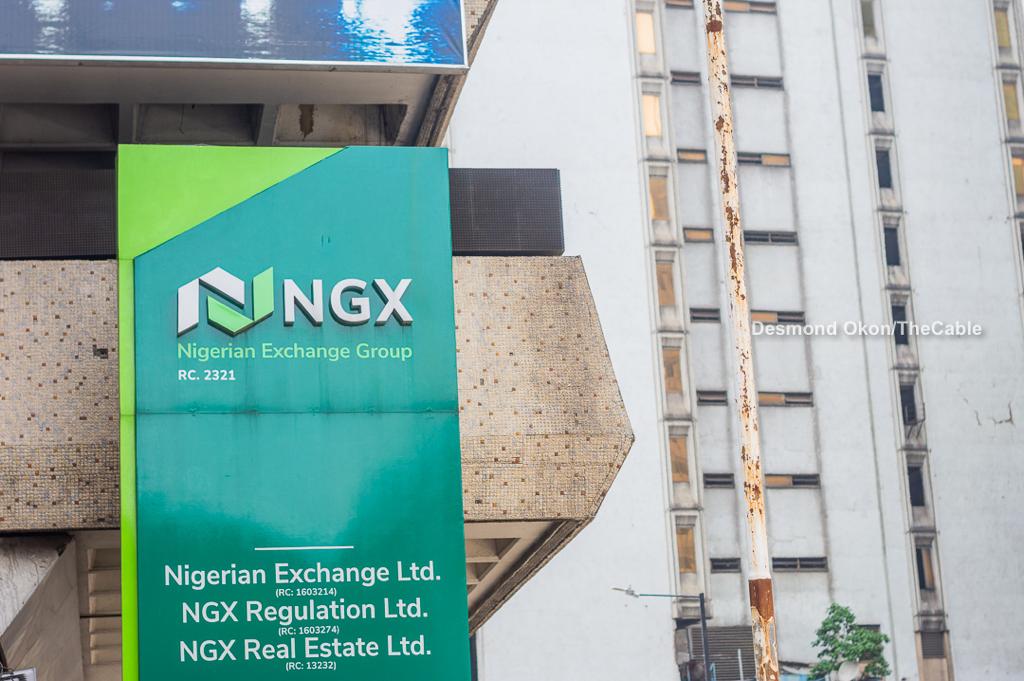Nneka Onyeali-Ikpe, Fidelity CEO
Fidelity Bank Plc has dismissed a report accusing Nneka Onyeali-Ikpe, its chief executive officer (CEO), of insider trading and misuse of bank funds.
Insider trading is the illegal practice of buying and selling a company’s stock or other securities based on confidential information.
In a statement on Friday, Ezinwa Unuigboje, the company secretary, said the publication was “fabricated” and aimed at misleading the public and tarnishing the bank’s reputation and that of its CEO.
The bank said the transaction fully complies with regulations governing insider dealings, including the Nigerian Exchange (NGX) listing rules and Securities and Exchange Commission (SEC) guidelines.
Advertisement
On May 21, Onyeali-Ikpe, also the managing director, acquired 18 million shares in the bank.
However, the media report claimed that Fidelity’s boss engaged in insider trading by purchasing 18 million shares.
In the statement, Fidelity further clarified that the shares were purchased with personal funds, not bank resources.
Advertisement
The financial institution said the deal occurred within an open trading window following the publication of its Q1 2025 unaudited financials on April 30, 2025.
“Based on the fact that Fidelity Bank Plc is a public quoted company regulated by the NGX and subject to the Listing Rules of the NGX as well as the Regulations issued by the Securities and Exchange Commission (SEC), we categorically confirm that neither the Bank nor its MD/CEO engaged in insider trading at any time,” the statement reads.
“The share purchase transaction was transacted during an open trading window.”
Fidelity also said it “maintains a robust internal policy on insider trading and adheres strictly to regulatory timelines for share dealings by insiders”.
Advertisement
It confirmed that the trading window remains open, and disclosures continue to be made on the NGX portal.
The bank said it asked the NGX to conduct an independent review of the transaction, reaffirming its position as a responsible institution governed by high ethical standards.
“In response to our request, the NGX by a letter dated May 22. 2025, confirmed unequivocally that: ‘Following the filing of the Bank’s 2025 Q1 UFS on 30 April 2025, the Directors and other insiders of the Bank became eligible to trade on the securities of the Bank after twenty-four (24) hours’,” Fidelity Bank said.
According to the company, the NGX, therefore said the share purchase transaction referenced by the report, which occurred on 19 May 2025, “was transacted during an open trading window and NGX RegCo is not aware of any other price sensitive information that the bank is required to disclose which should hinder trades on the securities of the bank by insiders”.
Advertisement
“We believe that the above clarification by the NGX would be reassuring to the domestic and global investment community, our domestic and foreign regulators/counterparties and the general public, while ensuring sustained confidence in the operations of the Nigerian capital market,” the firm added.
The financial institution threatened to seek legal redress over what it described as “sponsored publications meant to harm the bank’s standing”.
Advertisement
“Fidelity Bank remains one of the strongest and most capitalised banks in Nigeria today,” the statement added.
“We assure all stakeholders of our unwavering commitment to transparency and corporate governance.”
Advertisement
ONYEALI-IKPE ACQUIRES MORE SHARES
In a separate statement, the bank said Onyeali-Ikpe acquired an additional 2 million units of shares in the bank.
Advertisement
According to a regulatory filing on the NGX, the shares were acquired on May 22, at N18.6 each — amounting to a total value of N37.2 million.
The shares acquired by the Fidelity boss increased her shareholding in the bank to 114.64 million shares from 94.64 million held as at December 31, 2024.
The developments follow a report alleging that Fidelity Bank faced insolvency after the supreme court ordered the bank to pay damages of N225 billion to a Nigerian firm.
However, the bank has denied being bankrupt, stressing its capacity to discharge its legal obligations.








